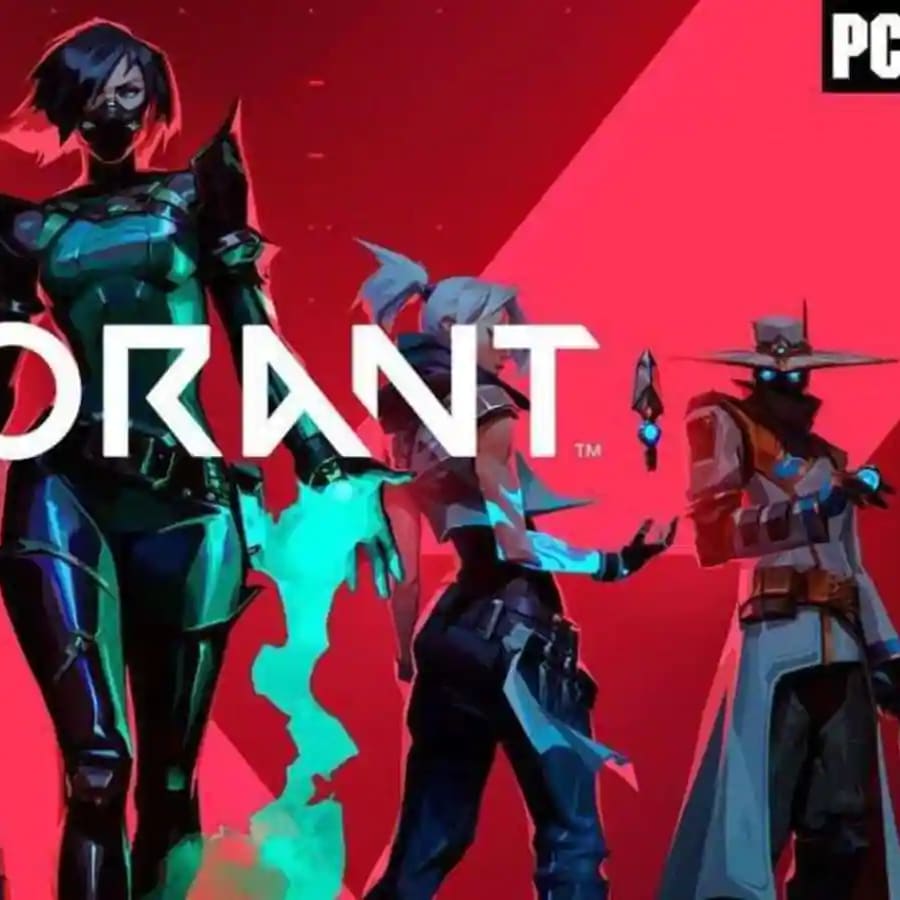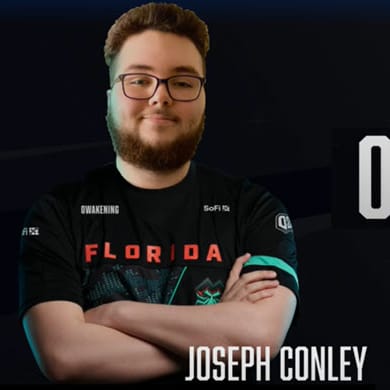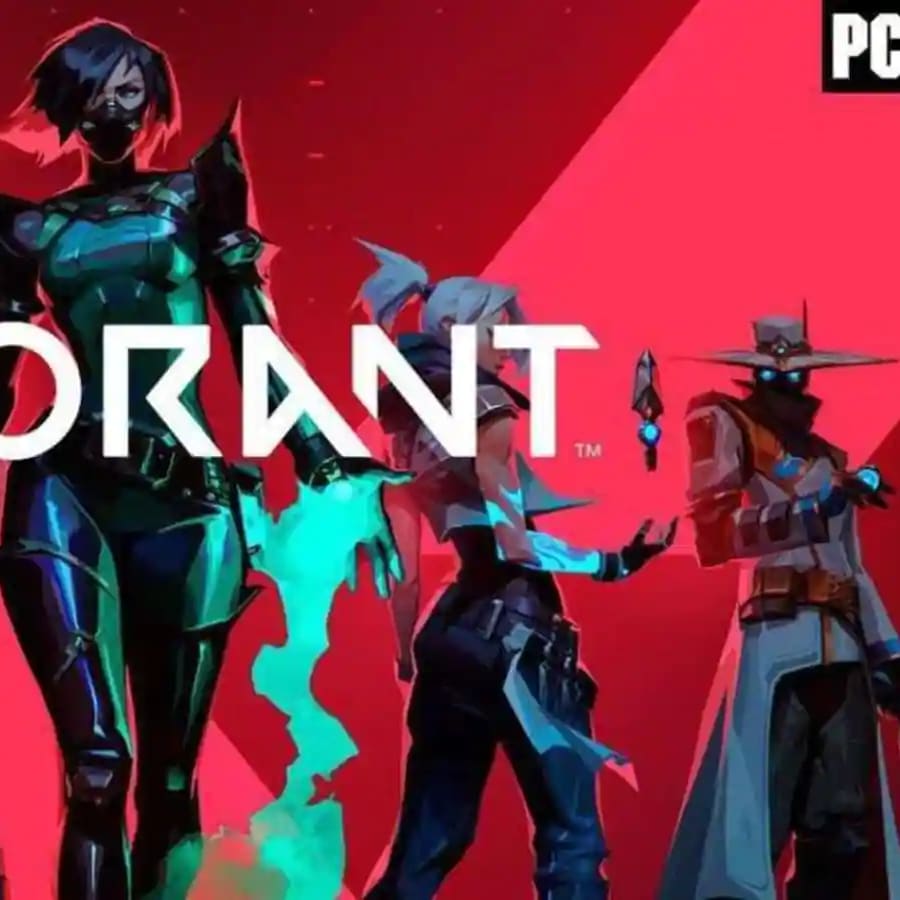This article is part of our Basics of eSports series.
In 2014, for the first time, a streamed game's broadcast attracted more viewers than the NBA Finals. More than 27 million people around the world tuned in to League of Legends World Championship. A year later, more than 31 million people watched SK Telecom T1 beat KOO Tigers 3-1 for the 2015 title and a split of a $1 million prize.
All this is arguably the culmination of a recent trend that has seen esports vault into the forefront of many consumers' minds. To meet and expand the ever increasing interest in esports, League of Legends' creator, Riot Games, opted to expand its marketing horizons and dabble in the fantasy scene, which brings us to the here and now.
To many, the game itself is still an enigma, and its rules are as cryptic to someone on the outside as the NFL's penalty system is to me (I have yet to hear an adequate explanation of what on earth is "clipping"). Seeing as I would never gamble upon a football team without full knowledge of the rules, I imagine that many potential new fantasy owners might be intimidated by professional League of Legends, and esports as a whole, due to that complexity. Thankfully, like many things in life, the game becomes quite simple after a brief explanation.
What is League of Legends?
League of Legends (LoL for short) is in a genre known as the Multiplayer Online Battle Arena, or MOBA for short. The history of the MOBA stretches all the way back to the modding community of Starcraft, and fortunately its underlying design is both simple to understand and has remained relatively static throughout the years. The game is ultimately one of objective defense -- a glorified capture the flag, if you will. Each player takes control of a unique and powerful unit, known in League as a champion, and, along with four allies, does battle with an enemy team comprised of the same. Each team is looking to destroy the central building for the opposition, appropriately known as a Nexus.
They are, however, not alone in this struggle. Each Nexus spawns weak, computer-controlled units, known as minions, that will mindlessly march down one of the main three lanes into which the game is divided. Eventually, the minions will encounter their counterparts on the opposite team, and they will immediately engage in a fight to the death.
Additionally, each lane is defended by a series of powerful turrets, and the minions are integral to destroy these emplacements. Small groups can serve as cannon fodder for allied champions, while larger groups can reduce enemy structures to rubble single-handedly, granting their team the valuable gold that doing so rewards.
League of Legends strategy
Minions serve an even more vital role than as sacrificial lambs to the fury of the enemy structures, they can become sacrificial lambs that serve to line your pockets. When you slay a minion you obtain valuable gold, and being near the death of a minion gives you experience.
Gold and experience do not simply passively empower each hero, rather there are items to be bought and levels to be gained. The first five levels allow each champion to level up one of their three basic abilities, each of which gradually becomes stronger as it is leveled up. At Level 6, however, the game changes entirely as most champions will then be able to unlock their ultimate ability -- powerful spells that can define a champion's entire style of play, and when used properly can utterly decimate the enemy's efforts at victory. The ultimate ability becomes even more powerful at Levels 11 and 16, and champions stop earning experience upon hitting the final level, Level 18.
Where levels leave off, items take the reins.
The game has more than 50 unique items that any champion can purchase, augmenting the abilities of the champions in different ways. Want to bring maximum pain with your basic attacks? The improbably sized Infinity Edge will give you all the damage you could ever ask for. Want to shrug off damage like the buzzing of a fly? Sounds like you need a Warmog's Armor, the ultimate in health-augmenting items. Often item acquisitions can totally change the way a champion is played. Many times, players have surprised their opponents with an unexpected item purchase, and often been rewarded for their innovation.
Due to the value of both gold and experience, early stages of the game will ultimately revolve around slaying as many enemy minions as possible, while attempting to deny or delay your opponent's attempts to do the same. In the later stage, fights tend to break out over the more powerful neutral objectives littered around the map.
These objectives are two-fold. First, the bottom side of the map is home to the mighty Dragon, who confers any team bold enough to slay him a stacking buff: slay him five times over the course of the game and your team is virtually guaranteed victory. The other, and even more terrifying denizen of the rift is the iconic serpent-lord, Baron Nashor, located near the top side of the map. Any team who slays baron but once is conferred a buff of such strength that it often wins the game outright, or causes enough damage that every competitive player fears losing it to the other team enough to risk losing a team fight defending it.
Goal of a League game
Now, all of that might seem like a lot, but it bears remembering that the gold and levels you acquire, in the end, serve a simple purpose: kill minions en masse, slaughter the enemy champions, and raze their buildings to the ground. That goal, however, has an incredibly vast number of ways it can be addressed: Saying that a game of League is only those things I highlighted above would be tantamount to saying that football is nothing but moving the ball 100 yards.
Some teams will opt to group together and attempt to take on the enemy team headlong, culminating in spectacular team-fights that leave fans cheering and force the players to execute near-impossible maneuvers. Other teams, though, look to do exactly the opposite, avoiding pitched battles altogether and leveraging their individually superior play or creating situations that make their champion's specific strengths into overwhelming advantages.
Most teams will employ strategies somewhere in the middle of these two, though a few teams have been known to develop bizarre strategies that are as impossible to anticipate as they are to counter, without knowing them ahead of time. Strategic considerations like these generate such a vibrant scene for the game, players are constantly challenged to grow and think in new ways. Successful adjustments are rewarded with victory.
Why watch?
The integral thing to understand is that the MOBA genre has not evolved and flourished so strongly due simply to the game itself. The rules of the game are quite simple, which is why a game of League of Legends enjoys such mass casual appeal. Like any other sport, the real task is finding a way to create a successful plan of attack, executing it properly and adapting the strategy as circumstances dictate. It is, in essence, a human game.
That is why millions tune in every year to see the finals, to cheer for their favorite team and players. It's why millions log into the game every day and enjoy playing at their own skill level, making their own stories within the game either solo or with a group of friends. It's why a dedicated few see every competitive match as a standing challenge, a challenge to take up the controls and take on the elite on their terms, and maybe, just maybe, one day take their place.
Those few are the ones upon whom you will be staking your fortunes, and it's their story, in some cases their legend, that you will have the privilege to see unfold in front of you.












